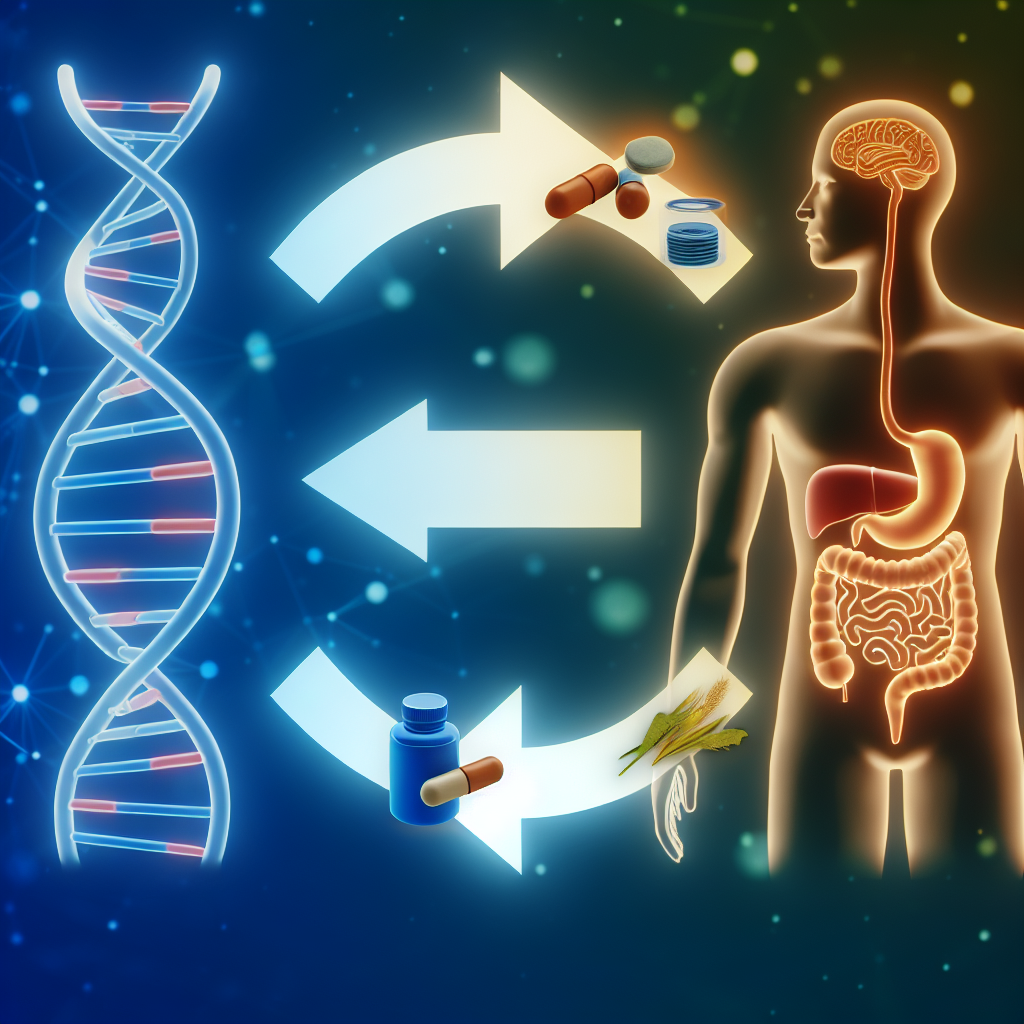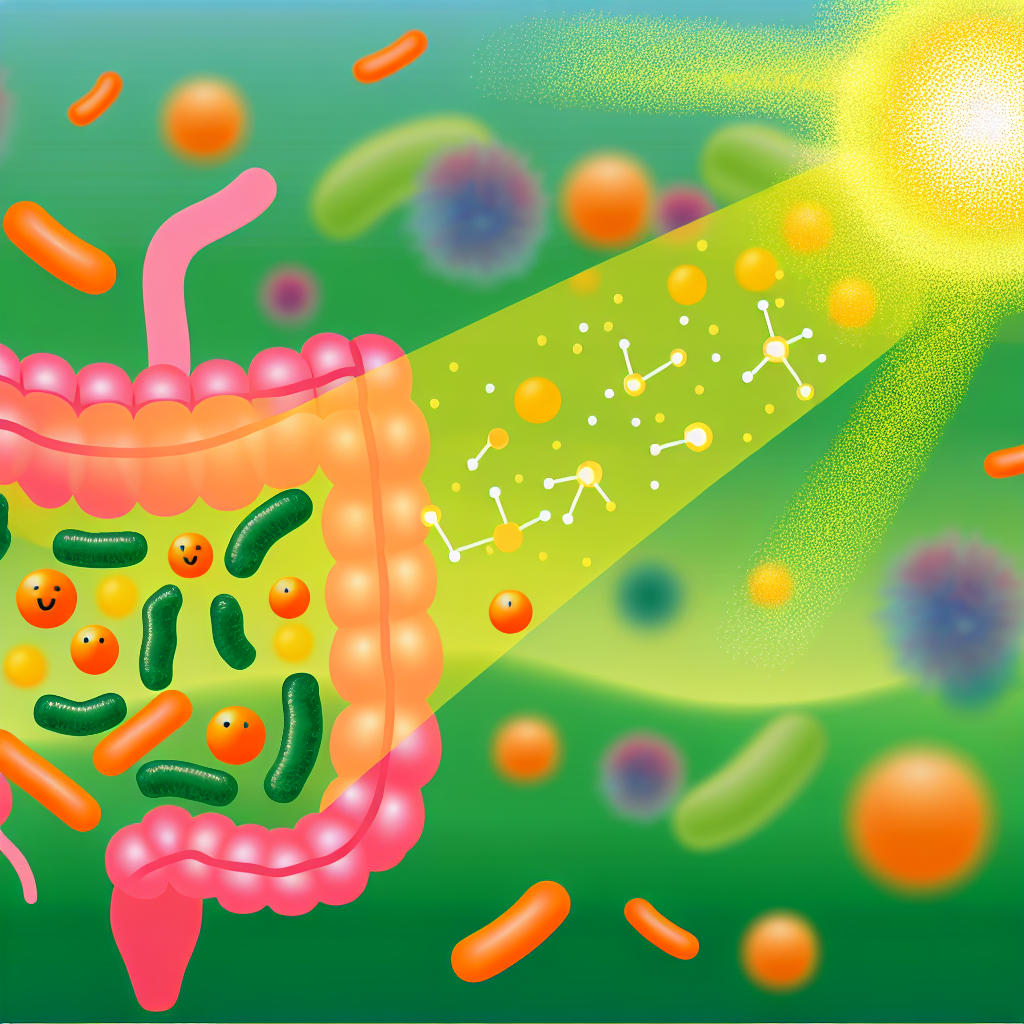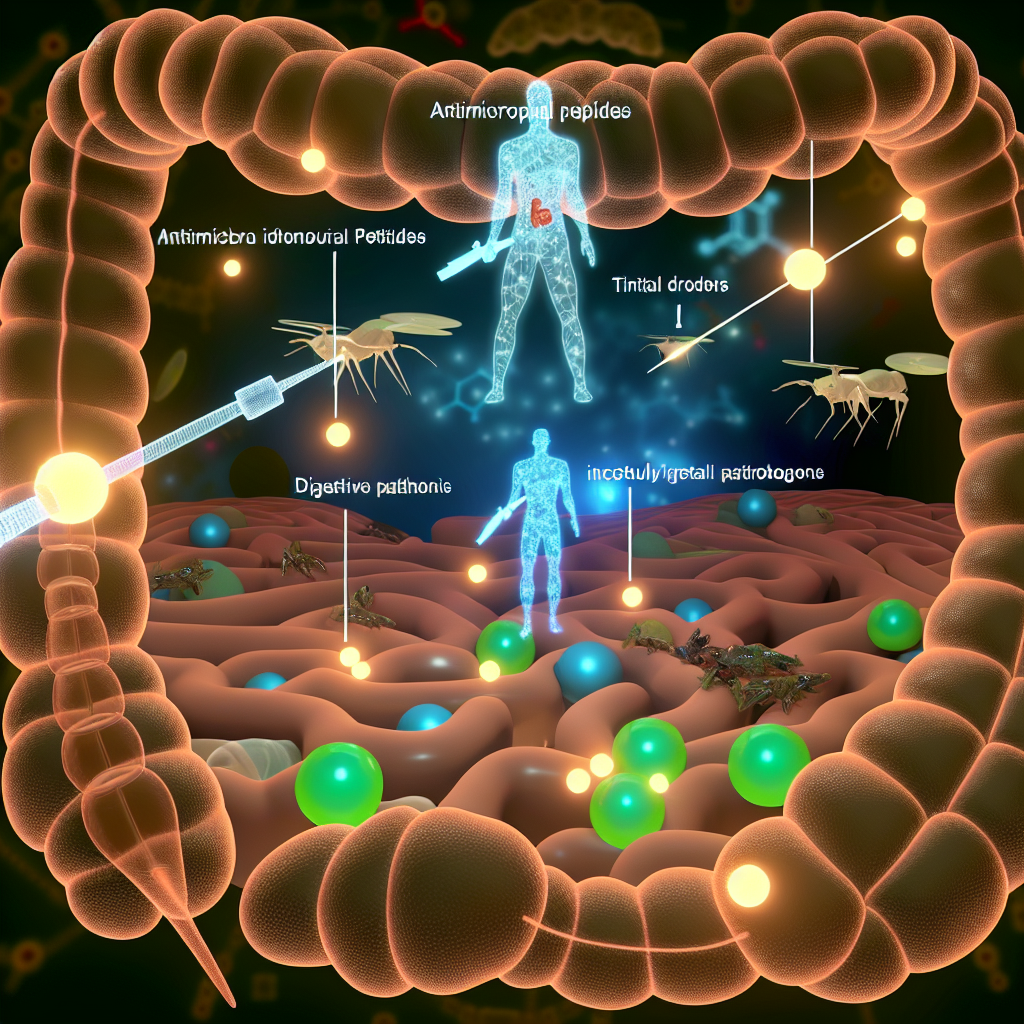Using Gut-Directed Hypnotherapy: Clinical Applications for Functional Digestive Disorders
Introduction
In recent years, the connection between the mind and the gut has received significant attention in the medical community. The gut-brain axis, a complex communication network linking the gastrointestinal (GI) system to the brain, plays a crucial role in digestion, mood regulation, and overall health. When this system is disrupted, functional digestive disorders such as irritable bowel syndrome (IBS), functional dyspepsia, and chronic bloating can develop, often causing significant discomfort and distress.
Traditional treatments for these conditions include dietary modifications, medications, and probiotics. However, many individuals continue to experience persistent symptoms despite these interventions. As a result, alternative and complementary therapies have gained popularity, leading to increased interest in gut-directed hypnotherapy (GDH).
Gut-directed hypnotherapy is a specialized form of hypnosis designed to alleviate symptoms of functional digestive disorders by harnessing the power of the mind. Unlike conventional hypnosis, which is primarily used for behavioral changes and relaxation, GDH specifically targets digestive function by altering gut sensitivity, motility, and responsiveness to stress. It involves guided relaxation techniques and suggestions that help individuals develop greater control over their digestive processes, reducing symptoms such as abdominal pain, bloating, diarrhea, and constipation.
One of the key benefits of GDH is its ability to address the underlying neural and psychological factors contributing to gut disorders. Many individuals with functional digestive disorders experience heightened gut sensitivity and an exaggerated response to stress. By reprogramming these responses, GDH helps regulate bowel function, decrease visceral hypersensitivity, and improve overall well-being.
The medical community has taken notice of GDH’s potential, with numerous clinical studies demonstrating its effectiveness. While some may initially approach hypnotherapy with skepticism, mounting scientific evidence supports its role as a valid therapeutic option for individuals struggling with chronic digestive issues. With an efficacy comparable to dietary and pharmaceutical interventions, GDH is emerging as a promising, drug-free solution for those seeking lasting relief from gut-related conditions.
This article delves into the clinical applications of gut-directed hypnotherapy, exploring how it works, the supporting scientific evidence, and its potential for individuals suffering from functional digestive disorders.
Scientific Evidence: How Effective is Gut-Directed Hypnotherapy?
Over the past few decades, research has validated the effectiveness of gut-directed hypnotherapy for a range of functional digestive disorders, with some studies demonstrating long-term symptom relief.
Landmark Study: The Origins of GDH Research
One of the earliest and most significant studies on GDH was conducted at the University of Manchester by Dr. Peter Whorwell, a leading gastroenterologist specializing in IBS research. His studies revealed that hypnotherapy improved symptoms in approximately 70-80% of IBS patients, benefits that persisted for years after treatment cessation [(Whorwell et al., 1984)](https://www.thelancet.com/). This paved the way for further investigation into the clinical applications of GDH.
Systematic Reviews and Meta-Analyses Support GDH
A systematic review published in *The American Journal of Gastroenterology* (2020) analyzed multiple randomized controlled trials (RCTs) assessing the efficacy of GDH for IBS. The results indicated that GDH significantly reduced abdominal pain, bloating, and bowel irregularities compared to control groups. Another key finding was that participants reported improvements in psychological well-being, including reduced anxiety and stress, both well-known contributors to digestive disturbances [(Ford et al., 2020)](https://journals.lww.com/ajg).
Long-Term Benefits: Does GDH Provide Lasting Relief?
A multicenter trial conducted in Sweden in 2012 evaluated the long-term effects of GDH and found that 85% of patients maintained symptom relief even five years post-therapy [(Lindfors et al., 2012)](https://journals.lww.com/ajg). This suggests that GDH may not only provide immediate relief but also offer sustained benefits by rewiring brain-gut interactions.
GDH vs. Traditional Treatments: Which Works Best?
Another compelling study published in *Gut* in 2003 compared GDH to conventional treatments such as dietary adjustments and medication. Patients who underwent GDH showed superior symptom improvement, with some experiencing complete remission [(Gonsalkorale et al., 2003)](https://gut.bmj.com/). These findings indicate that GDH is at least as effective, if not more so, than traditional therapeutic approaches for functional GI disorders.
Brain Imaging Studies Prove Neurological Benefits
Further research has explored the neurological effects of hypnotherapy using brain imaging techniques. A 2018 study using functional MRI (fMRI) demonstrated that hypnotherapy modulates brain activity in areas related to pain and digestion, reinforcing the idea that it can directly influence gut function at the neurological level [(Lowén et al., 2018)](https://onlinelibrary.wiley.com/).
Beyond IBS: Can GDH Help Other Digestive Disorders?
Beyond IBS, GDH has shown promise for other functional gastrointestinal disorders, such as functional dyspepsia and chronic abdominal pain syndromes. Researchers suggest that its success likely lies in its ability to normalize the overactive signaling patterns between the brain and gut, a common feature in these conditions.
Conclusion: The Future of Gut-Directed Hypnotherapy
Gut-directed hypnotherapy offers a promising, evidence-based solution for individuals suffering from functional digestive disorders. By directly addressing the gut-brain connection, GDH helps regulate digestive function, reduce hypersensitivity, and alleviate symptoms in a sustainable manner.
Extensive clinical research supports its efficacy, showing significant symptom relief in conditions such as IBS, functional dyspepsia, and chronic bloating. Unlike pharmaceutical or dietary interventions, GDH provides a long-term, drug-free alternative that empowers individuals to regain control over their digestive health.
As scientific interest in the gut-brain axis continues to grow, hypnotherapy is poised to become a mainstream therapeutic option in the management of chronic gut conditions. If current research trends continue, GDH may soon be recognized as a first-line therapy for those seeking natural, holistic relief from persistent gastrointestinal distress.
## Summary
Gut-directed hypnotherapy is an emerging therapeutic approach that harnesses the power of the mind to alleviate symptoms of functional digestive disorders like irritable bowel syndrome (IBS), functional dyspepsia, and chronic bloating. Extensive research has demonstrated its effectiveness in reducing abdominal pain, improving bowel function, and enhancing psychological well-being, with some studies showing long-term benefits. Unlike traditional treatments, gut-directed hypnotherapy provides a drug-free, holistic solution that addresses the underlying neurological and psychological factors contributing to chronic gut conditions. As the scientific understanding of the gut-brain connection continues to evolve, this specialized form of hypnosis is poised to become a mainstream therapy for those seeking natural relief from persistent digestive distress.
## References
1. Whorwell, P. J., Prior, A., & Faragher, E. B. (1984). Controlled trial of hypnotherapy in the treatment of severe refractory irritable-bowel syndrome. *The Lancet*, 324(8414), 1232-1234. [https://www.thelancet.com/](https://www.thelancet.com/)
2. Ford, A. C., Lacy, B. E., & Talley, N. J. (2020). Efficacy of gut-directed hypnotherapy for irritable bowel syndrome: Systematic review and meta-analysis. *The American Journal of Gastroenterology*, 115(9), 1344-1355. [https://journals.lww.com/ajg](https://journals.lww.com/ajg)
3. Lindfors, P., Unge, P., Arvidsson, P., et al. (2012). Long-term effects of hypnotherapy in patients with refractory IBS. *The American Journal of Gastroenterology*, 107(5), 657-665. [https://journals.lww.com/ajg](https://journals.lww.com/ajg)
4. Gonsalkorale, W. M., Houghton, L. A., & Whorwell, P. J. (2003). Hypnotherapy in irritable bowel syndrome: A large-scale audit of a clinical service with examination of factors influencing responsiveness. *Gut*, 52(11), 1623-1629. [https://gut.bmj.com/](https://gut.bmj.com/)
5. Lowén, M., Mayer, E. A., Sjöberg, J., et al. (2018). Effect of hypnotherapy on brain-gut interactions in IBS: A functional MRI study. *Neurogastroenterology & Motility*, 30(9), e13392. [https://onlinelibrary.wiley.com/](https://onlinelibrary.wiley.com/)

Dominic E. is a passionate filmmaker navigating the exciting intersection of art and science. By day, he delves into the complexities of the human body as a full-time medical writer, meticulously translating intricate medical concepts into accessible and engaging narratives. By night, he explores the boundless realm of cinematic storytelling, crafting narratives that evoke emotion and challenge perspectives.
Film Student and Full-time Medical Writer for ContentVendor.com




